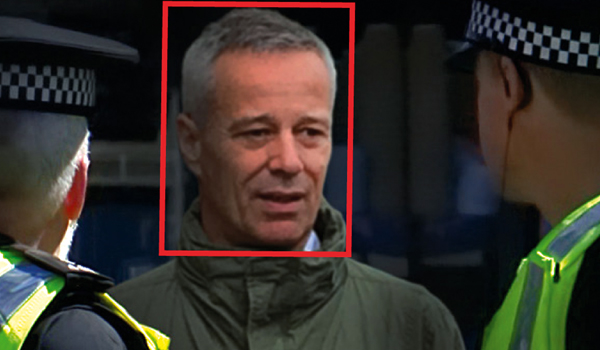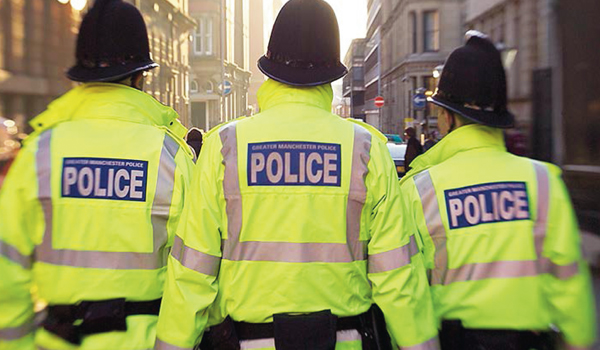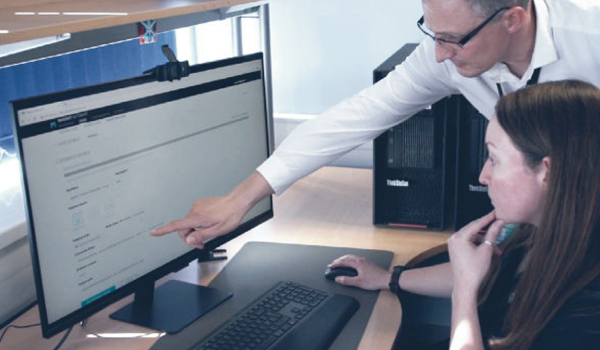Europol warning on the criminal use of Bluetooth trackers for geolocalisation
Organised criminal groups are increasingly deploying Bluetooth trackers to tag and geolocate illicit commodities, according to Europol.
Europol has issued a new ‘early warning notification’ after the devices – typically used to help people find personal objects such keys or vehicles – were now being deployed by drugs gangs.
This emerging trend is also being used by gangs to track high-value stolen vehicles and vessels used in migrant smuggling.
Europol says it has been observing this “growing crime phenomenon” for several years.
Bluetooth trackers are small devices that can be attached to an item and wirelessly connected to the owner’s mobile phone or tablet.
The trackers emit a Bluetooth signal which can be detected by a paired device, and their location is shown on a map in a mobile app or web browser.
The range of the signal varies from around 10m to 120ms in radius, but can be detected by nearby mobile devices that are also connected to a tracker from the same manufacturer.
That means they can be geolocated even when far removed from their owner – in this case the organised crime gang. Some trackers also support precision finding at close proximity via ultra-wideband technology.
Europol says organised crime groups have always been quick to adopt new and emerging technologies, “misusing them to further their criminal goals”, and it is no different with Bluetooth trackers.
The vast majority of cases reported to Europol are in relation to drug trafficking, and in particular cocaine.
Although Bluetooth trackers have been used to track shipments of other illicit narcotics, it says the “vast majority of cases” relate to cocaine smuggling, with cargos often in excess of 100kg.
These shipments typically originate in South America and are bound for ports and markets throughout the EU.
Bluetooth trackers were most often discovered alongside cocaine in container shipments of food products, but were also found hidden in sea chests within sea vessels.
Cocaine seizures including such trackers have also taken place at commercial premises in Europe, says Europol.
It added: “Based on the technological capabilities of Bluetooth trackers and the information shared with Europol, it is confirmed that drugs traffickers use them to track the transit of illicit cargo after arrival in ports and onward by road towards storage locations in European markets.
“They are probably also used for locating illicit shipments upon arrival in port.”
Bluetooth trackers are also waterproof, making them “an attractive solution” for criminals.
So far, there are no indications that Bluetooth trackers are used to geolocate shipments at sea, says Europol, as, given the present technological limits, it is “improbable that a tracker would come within range of a mobile device paired with the same type of tracker”.
For this purpose, it says GPS technology is “more suitable” and these devices be used in combination with Bluetooth trackers for more reliable geolocation.
Europol notes that in response to concerns about Bluetooth trackers being used for property crime and stalking, most major tracker manufacturers have built-in security features intended to prevent unwanted tracking.






